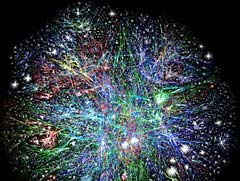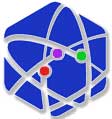Last update : July 9, 2013
Open source films (open-content movies, free-content movies or open movies) are films which are produced and distributed by using free and open-source software methodologies. Their sources are freely available and the licenses used meet the demands of the Open Source Initiative (OSI) and the Free Cultural Works.
A list of free-content films is available at Wikipedia.
Here are the open source films where the sources are available.
1. Films made by Blender Institute, part of the Blender Foundation, a non-profit organization, chaired by Ton Roosendaal, responsible for the development of Blender, an open source program for three-dimensional modeling :
- Elephants Dream (March 2006), 15.691 frames, ratio 16:9
- Big Buck Bunny (April 2008), 14.315 frames, ratio 16:9
- Sintel (September 2010), 21.321 frames, ratio 2.35:1
- Tears of Steel (September 2012), 17.620 frames, ratio 2.4:1
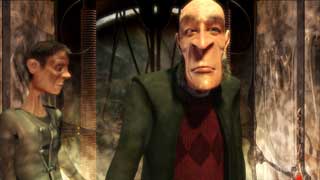
Elephants Dream
This 10 minutes short movie is about complexities of a machine and how the characters deal with this complexity and ambiguity.
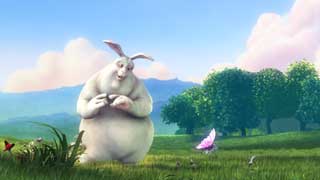
Big Buck Bunny
This short-animated movie is about three critters that poke fun at other jungle animals including a big rabbit called Big Buck Bunny. Therefore Big Buck starts to seek vengeance for himself and his beloved butterflies.

Sintel
A girl called Sintel is searching for her dragon friend Scales.

Tears of Steel
This open source film is about a group of warriors and scientists, who gathered at the Oude Kerk in Amsterdam to stage a crucial event from the past, in a desperate attempt to rescue the world from destructive robots.
The Blender Institute created also an open video game, called Yo Frankie!, based on the universe and characters of the film Big Buck Bunny.
2. Open source films made by other creators and teams :
- Boy who never slept (June 2006), by Solomon Rothman
- .re_potemkin (January 2007), by Yildiz Technical University, Faculty of Art and Design, Turkey
- Oceania (2008), by Harry Dehal
- Sita Sings the Blues (February 2009), by Nina Paley
- Jathias Wager (March 2009), by Solomon Rothman
- Valkaama (August 2011), by Tim Baumann and the Valkaama Team
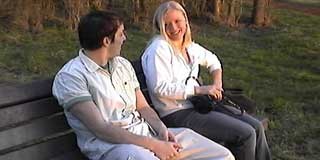
Boy who never slept
This film is about a 23 year-old writer who has felt in love with a 16 year old school girl.
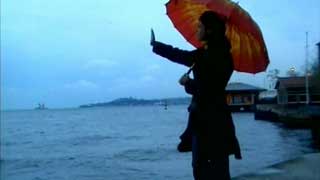
.re_potemkin
This project is a re-build of the 1925 silent movie Battleship Potemkin which is in public domain now.
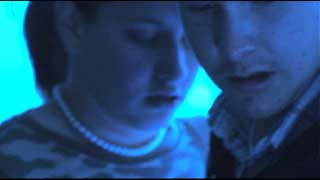
Oceania
A story of two teenagers who deal with their shattered family-life in a small California coastal town.
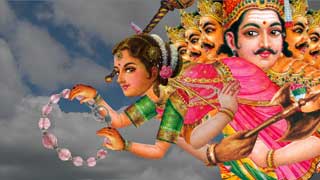
Sita Sings the Blues
This 80-minutes animated feature film has been created by a single person and is based on the renowned Indian Sanskrit epic The Ramayana.
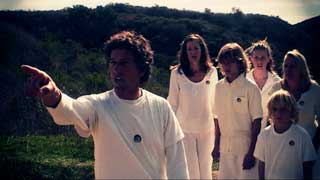
Jathias Wager
A science fiction film about a young man living in an isolated community of humans who must make a life changing decision about his future species.
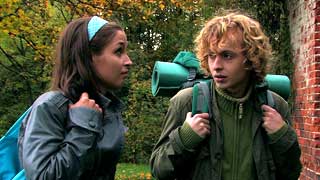
Valkaama
Three young people are searching for a utopian society in northern Finland called Valkaama; a society that is full of harmony, peace and poetry.
More than ten additional open-content films will be released in the next future.
Different compressed and lossless encoded versions of open-source films are available at Xiph.org. More informations about open source films are provided at the following links :
- 20 Open Source Movies You Can Edit and Redistribute for Free, by Woody, Soosck
- Open Source Cinema, by Kris Haamer
- Stray Cinema, by the Stray Cinema crew
- No Fat Clips, by Sal Dekku

